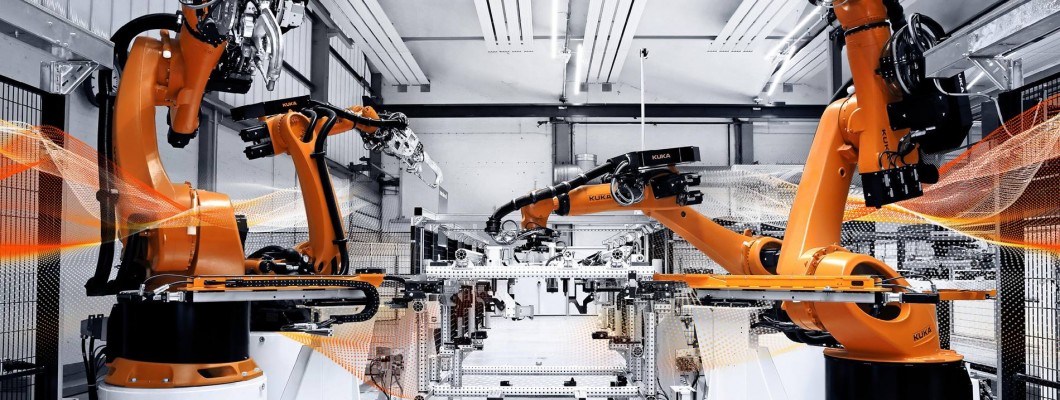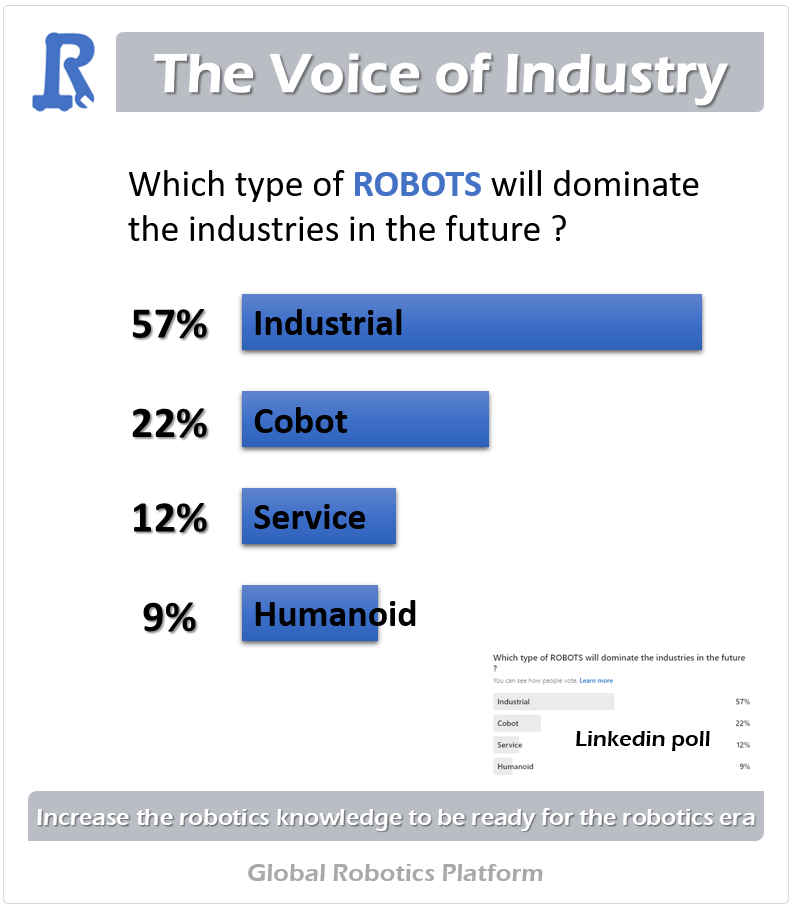
Industrial robots are automated machines that are used in manufacturing and other industrial settings to perform tasks that are repetitive, dangerous, or too precise for humans to do. These robots can be programmed to perform a wide variety of tasks, including welding, painting, assembly, and material handling.
One of the main benefits of using industrial robots is their ability to work efficiently and consistently without getting tired or making mistakes. This can lead to increased productivity and cost savings for companies that use them. Industrial robots can also be used to perform tasks that are too dangerous for humans, such as handling hazardous materials or working in hazardous environments.
However, there are also some challenges associated with the use of industrial robots. One of the main challenges is the high upfront cost of purchasing and installing these machines. In addition, there may be a learning curve associated with programming and operating industrial robots, which can be time-consuming and costly. There may also be concerns about the impact of industrial robots on employment, as they can potentially replace human workers in certain tasks.
Despite these challenges, the use of industrial robots is likely to continue to grow in the future. This is due in part to technological advances that are making these machines more affordable and easy to use, as well as the increasing demand for automation in a variety of industries. As a result, it is important for companies to carefully consider the potential benefits and drawbacks of using industrial robots in their operations.
Here is we have a poll result for the question: Which type of ROBOTS will dominate the industries in the future ?

The future of industrial robots looks bright, as these automated machines are expected to play a significant role in a number of industries in the coming years. One of the main drivers of this trend is the increasing demand for automation in a variety of industries, as companies look to improve efficiency, reduce costs, and increase productivity.
Overall, the future of industrial robots looks bright, as these machines are expected to play an increasingly important role in a number of industries. Companies that are able to effectively adopt and utilize these technologies are likely to have a competitive advantage in the market.
Global Robot Marketplace
